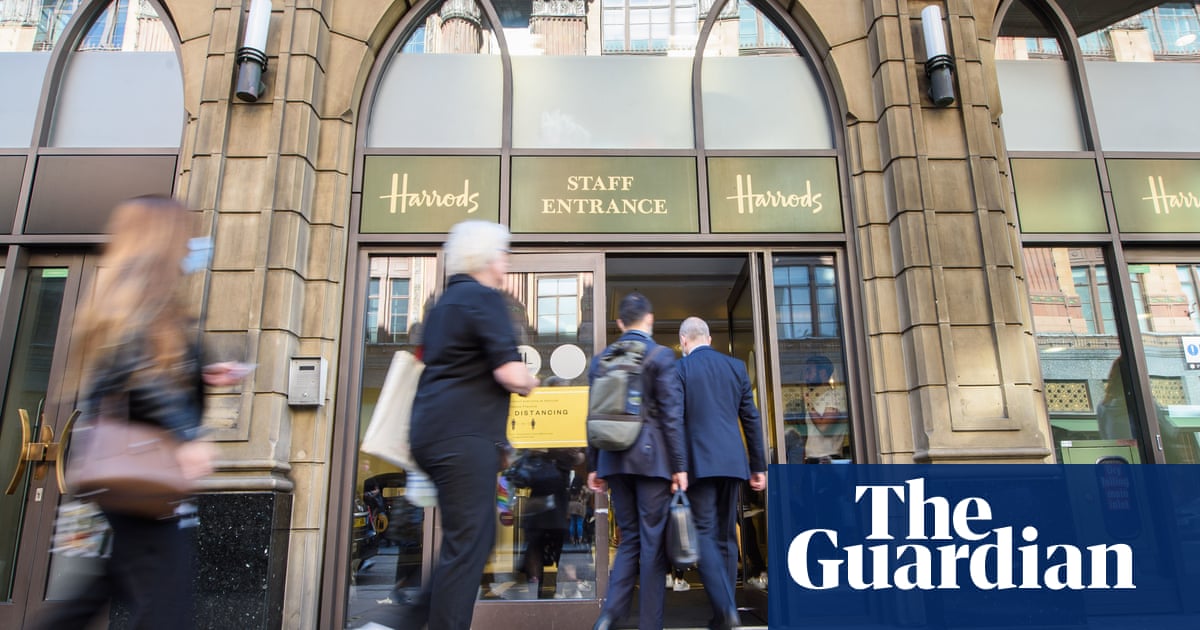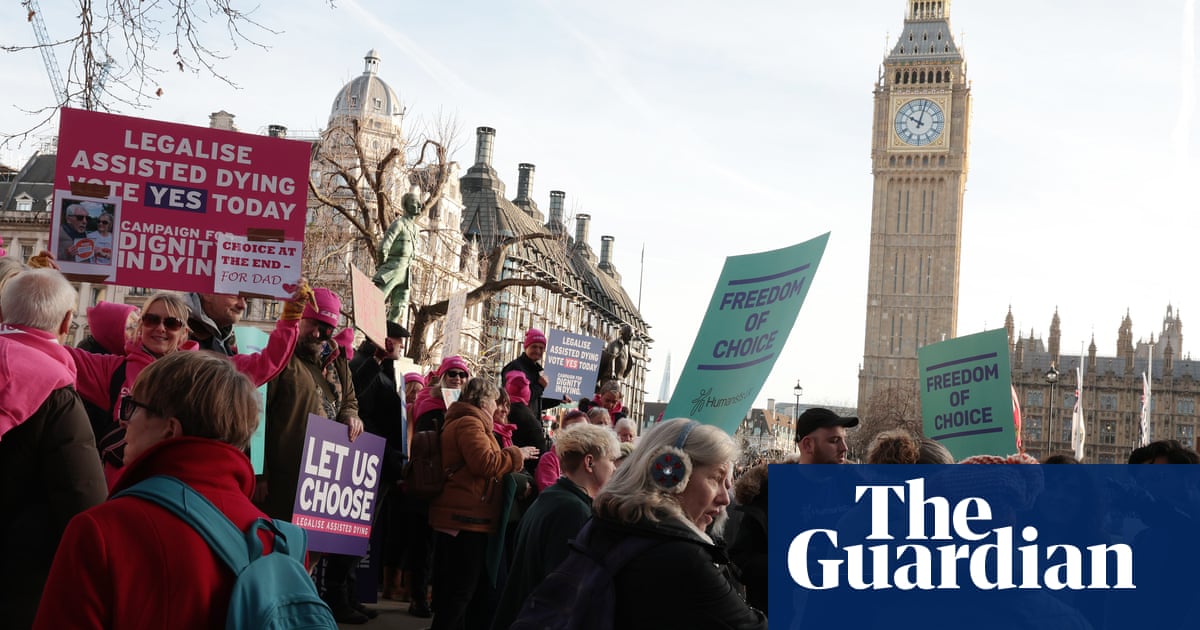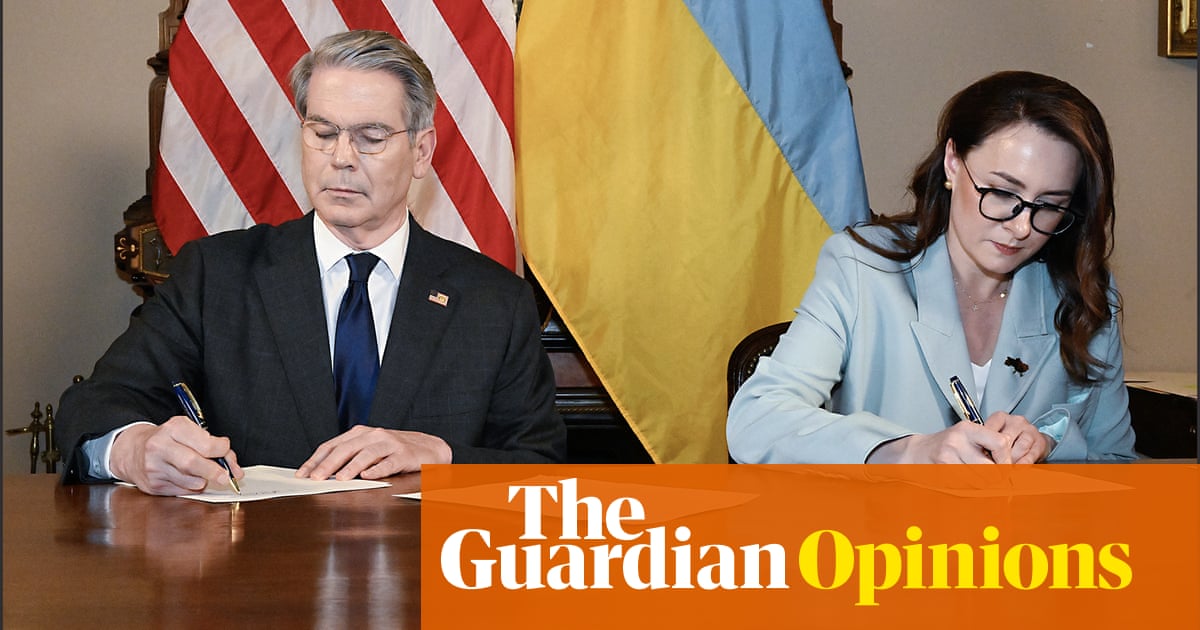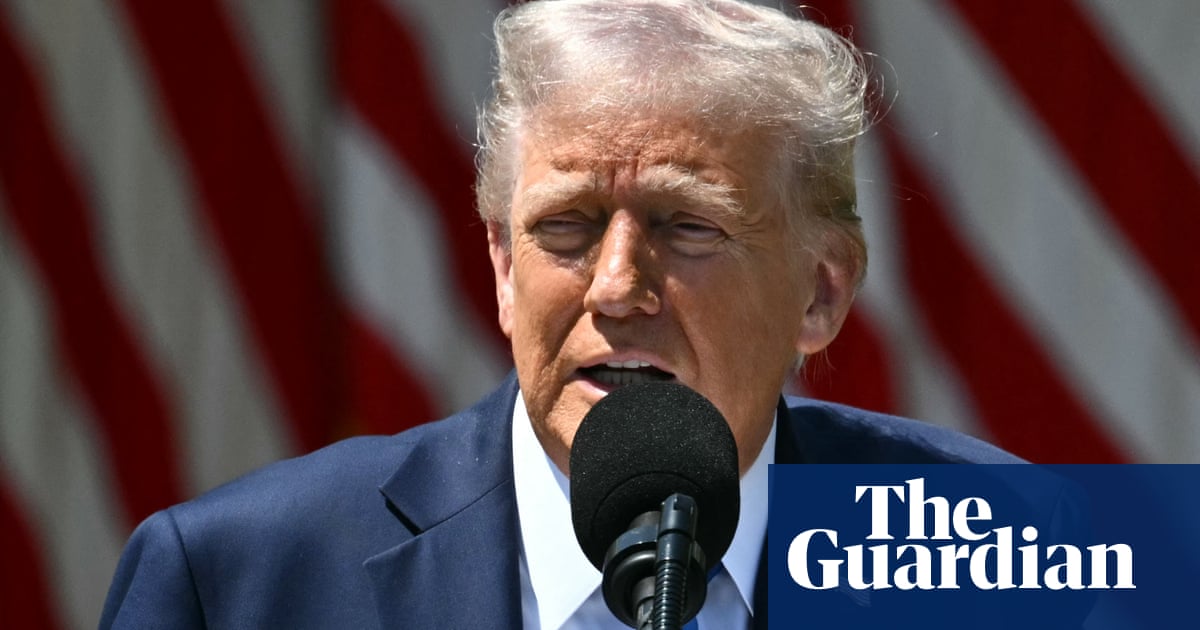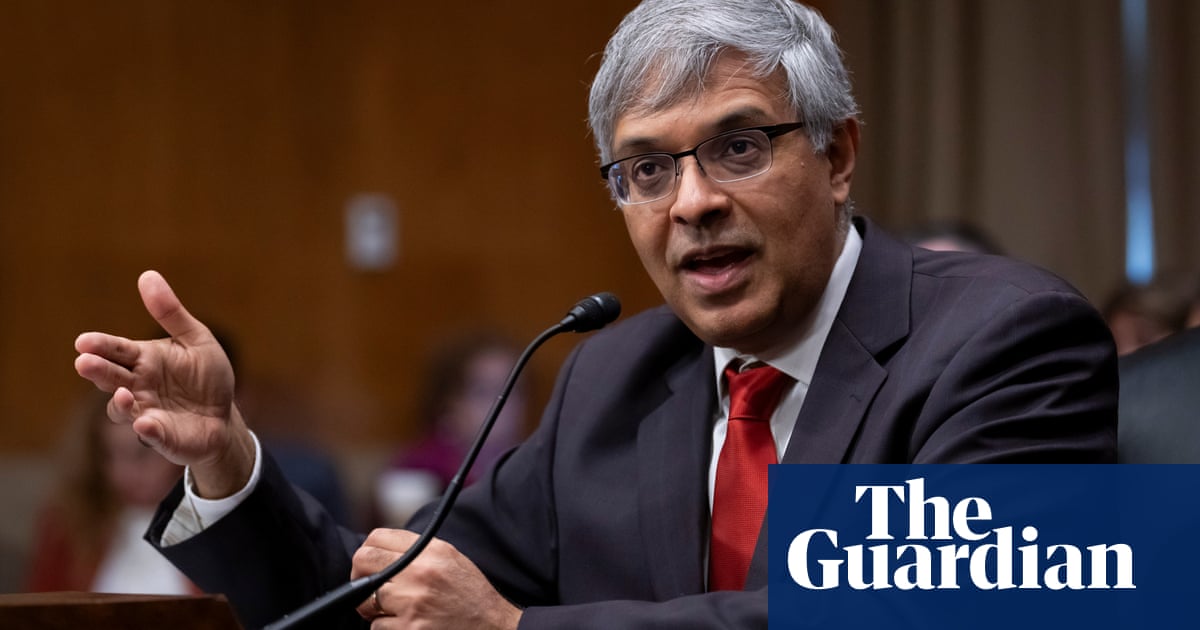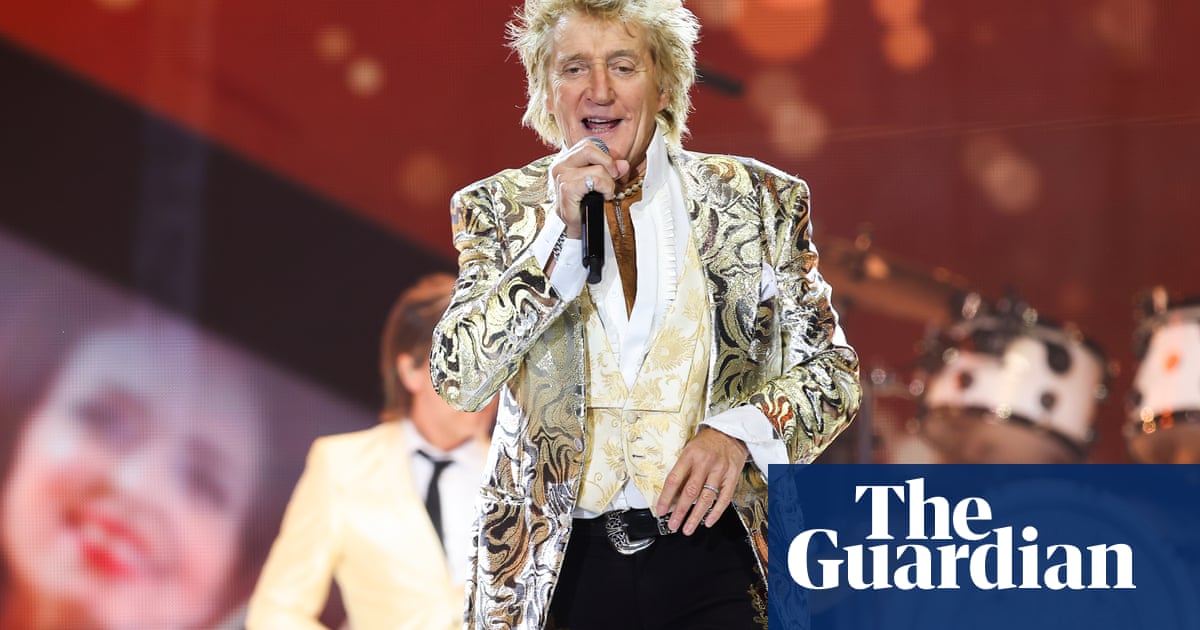British vets could face price caps on prescribing medicines to pets and a ban on bonuses linked to offering certain treatments.
The Competition and Markets Authority has been investigating the £2bn veterinary sector after a review in 2023 sparked an unprecedented response from 56,000 people worried about rising costs.
The regulator is concerned that vets working for big businesses may be incentivised to act in a way that reduces choice for pet owners. Treatment prices grew by 60% between 2015 and 2023, compared with inflation of 35% in general services, according to CMA research.
It said on Thursday that it could ban any practices that limit vets’ “clinical freedom” to provide a choice of treatments suited to the pet owner and animal’s needs.
It added that some vets had reported “feeling pressure” to meet key performance indicators and targets, some of which relate to the treatments they sell.
In a list of potential remedies, the CMA said vets could be forced to create a clear online display of prices for medicines, surgeries, treatments and out-of-hours help. The working paper also suggested that the mark-up charged on pet cremations, sold to customers at a “vulnerable moment”, might be capped.
The CMA is considering the implementation of a short-term “freeze” or cap on medicine prices, after it found that some businesses were marking up some by up to three or four times the purchase cost. It concluded that few pet owners realised they could buy many animal medicines online at a much lower price.
A review by the regulator last year found that, since 2013, about 1,500 of the UK’s 5,000 vet practices have been acquired by six of the biggest corporate groups: CVS, IVC, Linnaeus, Medivet, Pets at Home and VetPartners.
Shares in Pets at Home, which is listed on the London Stock Exchange, rose by 2.3% after the announcement from the CMA, probably reflecting relief among investors that the proposals were not as punitive as feared.
Independent vet practices have dwindled in number, making up 45% of the total in 2021, compared with 89% in 2013. Meanwhile, pet ownership has increased significantly since the pandemic.
The CMA found that most of the industry’s regulations dated back to 1966 and related primarily to individual veterinary surgeons rather than non-vet owners, such as the big businesses that own the majority of practices today.
The regulator has invited views on its paper by 27 May. It will publish its provisional findings this summer.

 5 hours ago
8
5 hours ago
8
